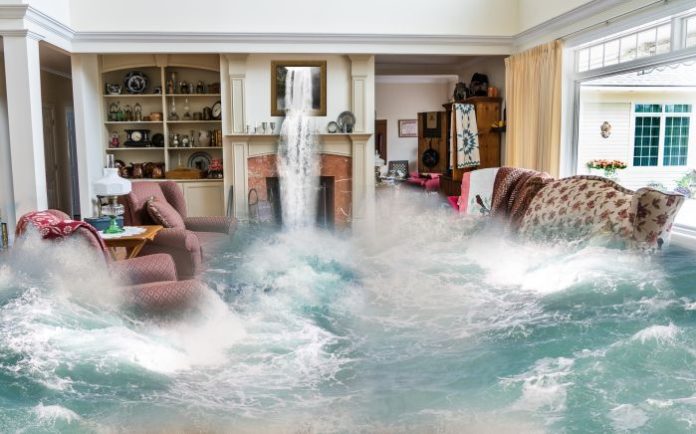
It is now clear that the climate crisis is the greatest threat to the security of citizens. The proliferation of extreme and violent events, this year really hammering home the point, further highlights the inability to equip ourselves to deal with the causes and consequences of global warming. Mitigation (i.e. cutting emissions) and adaptation to climate change, therefore, should be high on the agenda and in the electoral debate, but this is not the case.
The case of the Marche region, and in particular of the area most affected, near Senigallia, is emblematic of the need and urgency of a major action of care, securing the territory, and recovery of the areas of natural river overflow, sacrificed by land consumption. After a similar event five years ago, high embankments were rebuilt upstream, also spending a lot of money, without thinking that this would have meant speeding up the flow of water downstream in the event of heavy rainfall. There is a lack of a territorial plan that acts both on the Misa river (renaturation and restoration, expansion zones, etc.) and on the other watercourses and surrounding territories, for example, interacting in a participatory manner with farmers so that crops near the watercourse do not waterproof the soil, increasing the impact of the phenomena. Warning systems must also be strengthened and made more effective: expertise in this regard must be developed in a systematic and reasoned manner.
The Marche Region has intervened in recent years with river maintenance works such as cutting riparian vegetation that have increased the vulnerability of its territory and hydrogeological instability, with high impacts on biodiversity. This is a clear example of how land maintenance should not be carried out by aggravating problems instead of solving them.
What happened is even more serious if we think that Italy lacks a national adaptation plan, in the drawers of the Ministry (first of the Environment and now of Ecological Transition) since 2018, and also lacks a widespread and participatory culture of adaptation that needs to be created as soon as possible.
The scientific community tells us that if we do not cut down on climate-altering emissions (CO2, methane, etc.) in a very short time, we risk dealing with upheavals on such a scale that we will not be able to cope with them.
In the electoral debate, while we should be discussing how to push the accelerator of renewables, which represent the fastest, most effective and least expensive solution for our ecological transition and the necessary decarbonisation of our production, the focus continues to be on a kind of referendum between one fossil fuel project and another. Renewable energy sources and energy saving and efficiency are the prospect of freeing ourselves from fossil fuels, and thus coping with the climate crisis, but also the cheapest and fastest means of tackling the energy emergency. With skyrocketing gas prices, it is absurd that no thought is being given to how to avoid using gas – a national mobilisation to save gas and energy must be launched – nor are the necessary measures being enacted to encourage the rapid spread of renewables, from those for energy communities, which have been overdue for months, to those for suitable areas.
We must act now, before the counter of tragedies and victims keeps running. But to act well, a climate law must be passed immediately, a law to curb land consumption without wasting any more precious time.



































